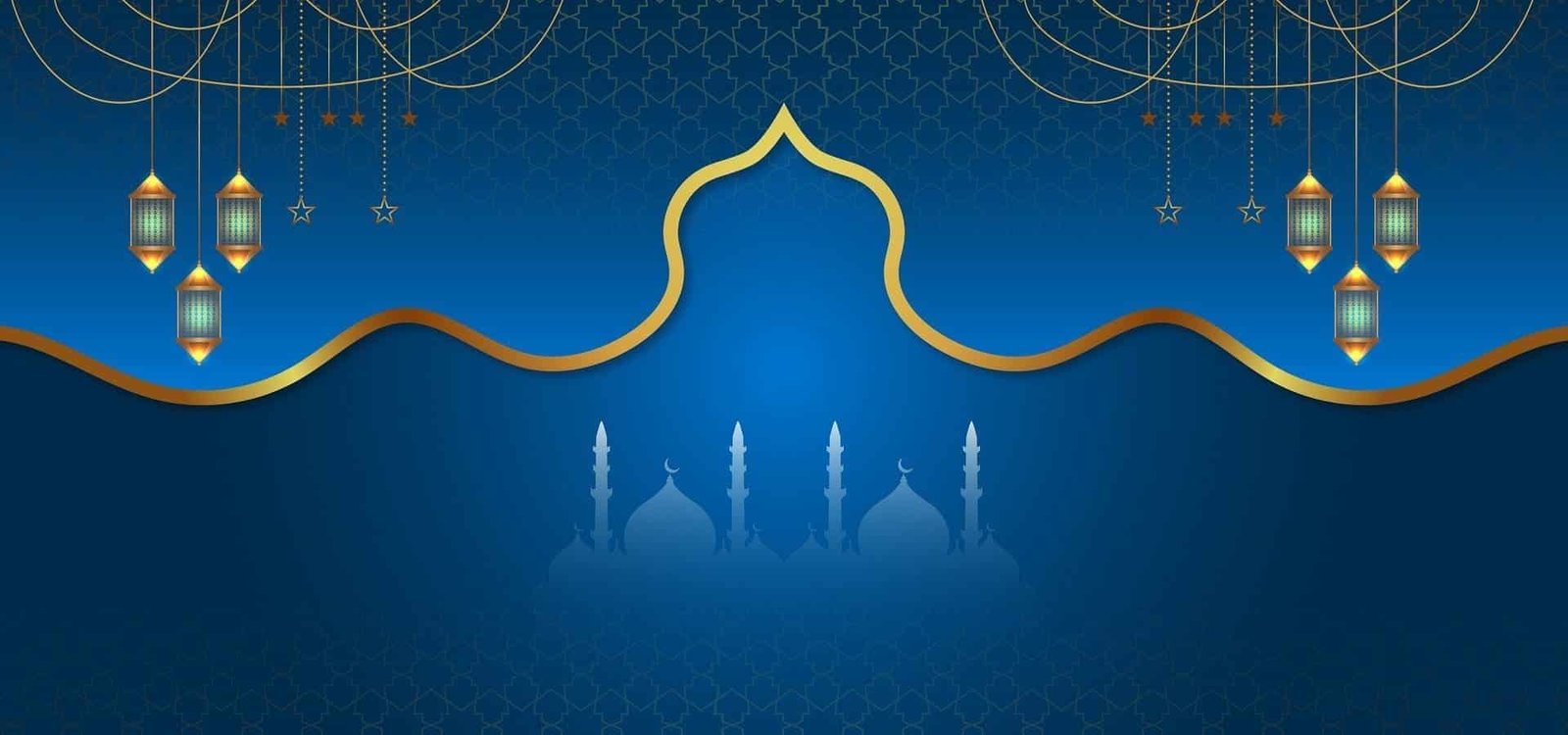Muslims regard Ramadan as the sacred month in which they practice spiritual reflection, worship, and ask for forgiveness. Segmented into three phases or ingredients, each has its own meaning and sacredness. During the next ten days in the Ashra, it is critical to note the importance of the Ramadan second Ashra dua, which asks Allah for forgiveness and mercy.
Understanding the Ramadan Second Ashra Dua:
There are 3 ashrams in Ramadan. The Second Ashra is the Ashra of Ramadan, between the eleventh and the twentieth day of the month, and is a vital period for atonement and a request for Allah’s pardon and compassion. The Muslims examine their actions and try to ask for forgiveness for the things they have erroneously done during the period of Eid al-Adha.
To understand the Second Ashra better, follow these simple steps: To understand the Second Ashra better, follow these simple steps:
Know the timing: The period of the dial-hajj is between the 8th and the 13th of the Islamic month, “zilhajj,” which is the heart of the month-long fasting and spiritual reflection.
Reflect on Forgiveness: Dedicate this time to self-reflection regarding past errors and ask Allah for forgiveness. Remember that there is no limit to the generosity of Allah, and genuine repentance returns salvation.
Learn the Second Ashra Dua: Understand the dua for the middle ten days, which is a request for forgiveness, mercy, guidance, and provision. It is a great instrument used to get blessings from Allah this month.
Make a Habit of Recitation: Practice the recitation of the dua of the Second Ashra every day as part of your routine. Say it with sincerity and conviction, especially during the last ten days of Ramadan when Laylat Al-Qadr (the Night of Decree) is deemed to take place.
Stay Focused: Construct a peaceful prayer zone to suit your needs without interference or distraction. Come to Allah humbly and sincerely, sure that He hears the petitions of His followers.
Considering those recommendations, you can get the most out of the Ramadan second Ashra dua by asking for pardon, mercy, and direction while looking to reinforce your religion and relationship with your Lord.
Importance of Seeking Forgiveness:
In Islam, forgiving and acknowledging one’s mistakes are highly favored, for they cleanse the heart and deepen the connection between the believer and their Creator. It is a recognition of the flaws of humans and a requirement for God’s mercy and guidance. Even people try to read the Quran with tajweed daily in Ramadan to get lots of blessings and forgiveness!
The Second Ashra Dua:
The second Ashra dua of Ramadan reflects the essence of seeking the greatness of God and asking for his forgiveness and mercy.
“Astaghfirullaha Rabbi Min Kulli Zambiyon Wa Atoobu Ilaiyh”
Translation of the Second Ashra Dua:
“I seek forgiveness from Allah, my Lord, for all my sins, and I turn towards Him.“
Steps to Perform the Second Ashra Dua:
Purify Your Intentions: Before your litany begins, you should purify your thoughts and come to Allah with sincerity and humility.
Choose a Quiet and Serene Environment: Locate a spot where you can meditate—a peaceful place free of noise—for an undisturbed connection with God.
Raise Your Hands in Humble Supplication: Lift your hands before you and place your palms upwards to the sky to show humility and obedience to Allah.
Recite the Second Ashra Dua: Hypate the dua with sincerity and conviction, concentrating on its meaning and the importance of asking for forgiveness.
Repeat Frequently: Always keep the Ramadan second Ashra dua in your mind and utter it often, especially during the last ten days of the Ramadan second Ashra dua, when Laylat al-Qadr (the Night of Decree) happens.
Benefits of Reciting the Second Ashra Dua:
Many things believers seek during Ramadan, such as forgiveness and mercy from Allah, will be received by reciting the Ramadan second Ashra dua. Here are the benefits, along with simple steps to incorporate this powerful supplication into your daily routine:
Attainment of Forgiveness: By making earnest invocations of the Ramadan second Ashra dua, you gain forgiveness for the sins you committed in the past. It is like a blank sheet of paper after we have erased all our old mistakes and gone on with a new and purified heart.
Mercy and Guidance: There is no limit to Allah’s mercy, as we call on him in this dua. Therefore, you should allow the dua to invite mercy into your life. It is a grace that covers, among others, guidance, leading you in the right direction, and making the right decisions.
Inner Peace and Tranquilly: When you turn to Allah for His forgiveness and mercy, He gives you peace and calmness in your soul. The soul finds peace in knowing that the Most Merciful has forgiven and loves all of you.
Strength to Overcome Challenges: Life is full of ups and downs, often provoking fear and uncertainty. However, you can get this strength from Allah to pass these trials and difficult times via the Ramadan second Ashra dua. His enlightenment and encouragement help you meet any challenge in life with bravery and fortitude.
Blessings and Provision: If you do this dua, you invite more of Allah’s blessings and provisions… He satisfies his worshippers sufficiently with all the material and spiritual rewards.
By adding the Ramadan second Ashra dua to your daily devotions, you provide yourself with an opportunity for compassion, mercy, and an abundance of blessings that will bring your spiritual life to life even more during the holy month of Ramadan.
Conclusion:
During the second Ashra of Ramadan, Muslims seek forgiveness and security from Allah. Even the Ramadan second Ashra dua was created to show people how humbleness, flawlessness, and softheartedness are connected with achieving spiritual purification and closeness to Allah. By reciting this supplication with devotion and deepness of mind, the believers aim to receive forgiveness, mercy, and guidance in Ramadan and afterward.





